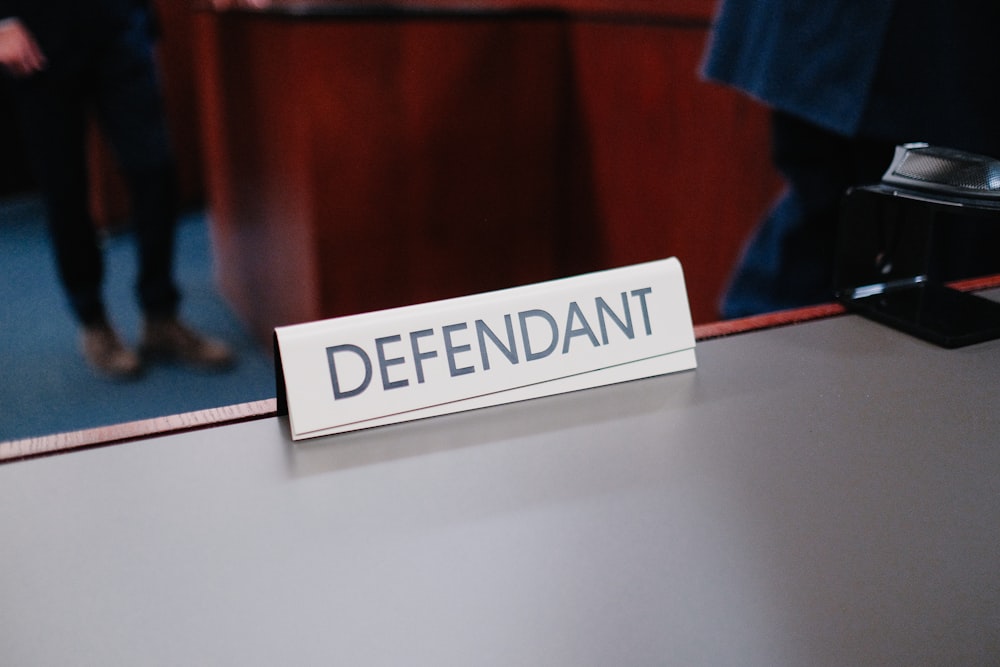Understanding Legal Guardianship
Legal guardianship is a significant responsibility that involves caring for individuals who are unable to care for themselves. Whether it’s due to age, disability, or other circumstances, legal guardians play a crucial role in safeguarding the well-being and interests of their wards. In this article, we’ll explore the key responsibilities that come with navigating legal guardianship and shed light on the challenges and considerations involved.
Assuming Legal Responsibilities
When appointed as a legal guardian, individuals take on a range of responsibilities that extend beyond mere caretaking. They become advocates and decision-makers for their wards, responsible for making important choices regarding their health, education, finances, and overall welfare. This authority is granted by the court and comes with a duty to act in the best interests of the ward at all times.
Ensuring Physical and Emotional Well-being
One of the primary responsibilities of a legal guardian is to ensure the physical and emotional well-being of their ward. This includes providing a safe and nurturing environment, access to healthcare services, nutritious meals, and opportunities for social interaction and emotional support. Guardians must also be attentive to their ward’s mental health needs and address any concerns or challenges that arise.
Managing Financial Affairs
Legal guardians are tasked with managing their ward’s financial affairs, which may involve budgeting, paying bills, managing investments, and safeguarding assets. Guardians must act prudently and responsibly when handling financial matters, ensuring that their ward’s resources are used wisely and for their benefit. Transparency and accountability are essential in financial management to prevent misuse or misappropriation of funds.
Navigating Legal and Administrative Procedures
Navigating the legal and administrative aspects of guardianship can be complex and daunting. Guardians must comply with court orders, file necessary reports and documentation, and adhere to legal and regulatory requirements. This may include obtaining court approval for significant decisions, such as changes in residence or medical treatments, and seeking authorization for certain transactions or expenditures.
Advocating for the Ward’s Interests
Legal guardians serve as advocates for their wards, representing their interests and wishes in various contexts. This may involve advocating for appropriate educational services, healthcare treatments, or living arrangements that align with the ward’s needs and preferences. Guardians must be proactive in asserting their ward’s rights and ensuring that their voice is heard and respected in decision-making processes.
Maintaining Communication and Collaboration
Effective communication and collaboration are essential components of successful guardianship. Guardians must maintain open and transparent communication with their ward, keeping them informed about decisions that affect their life and seeking their input whenever possible. Collaboration with other stakeholders, such as healthcare providers, educators, and social workers, is also crucial for ensuring coordinated and comprehensive care.
Seeking Support and Resources
Navigating legal guardianship can be challenging, and guardians may encounter situations that require additional support and resources. It’s essential for guardians to seek out support networks, such as support groups, advocacy organizations, and professional services, to access guidance, information, and assistance when needed. Building a support system can help guardians navigate challenges more effectively and ensure the best possible outcomes for their wards.
Maintaining Ethical Standards
Legal guardians must uphold the highest ethical standards in their role, acting with integrity, honesty, and diligence at all times. They must prioritize their ward’s interests above their own and avoid conflicts of interest or situations that could compromise their ability to act in their ward’s best interests. Ethical conduct is essential for maintaining trust and credibility as a guardian and ensuring the integrity of the guardianship process.
Continuing Education and Self-Reflection
Legal guardianship is a dynamic and evolving responsibility that requires ongoing education, self-reflection, and growth. Guardians should continually seek opportunities for learning and professional development to enhance their knowledge and skills in guardianship practice. Self-reflection allows guardians to assess their performance, identify areas for improvement, and adapt their approach to better meet their ward’s needs.
Conclusion
Legal guardianship is a significant undertaking that carries with it a host of responsibilities and challenges. By understanding and embracing these responsibilities, guardians can fulfill their duty to care for and protect their wards, ensuring their well-being and quality of life. Navigating legal guardianship requires diligence, compassion, and dedication, but the rewards of making a positive impact in someone’s life are immeasurable. Read more about Legal guardian





